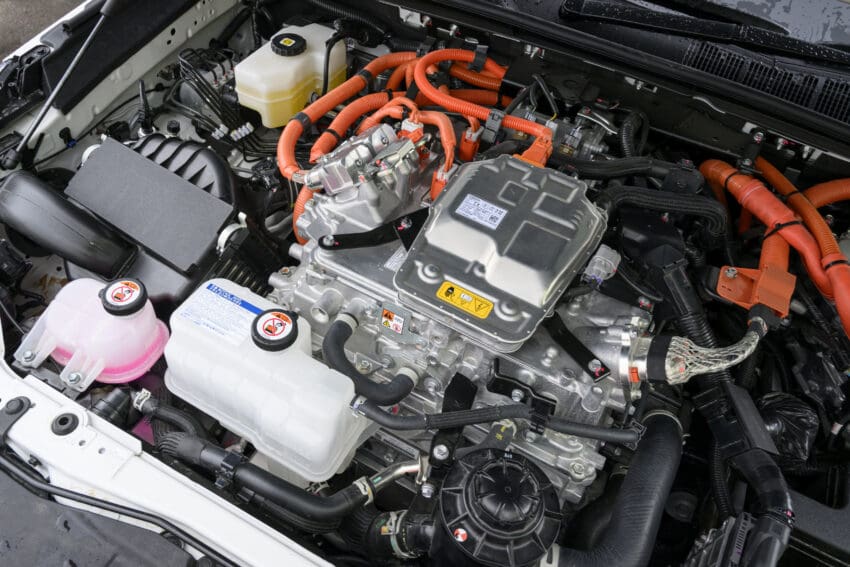
The Integration of Advanced Technology and AI in Modern Cars: Evaluating the Impact
The automotive industry has seen a remarkable transformation with the integration of advanced technology and artificial intelligence (AI).
These developments have not only changed how cars operate but have also reshaped the entire driving experience. While the benefits of these innovations are significant, they come with their own set of challenges.
This article examines whether the introduction of advanced technology and AI in modern cars is ultimately a positive or negative development, considering the broader implications for drivers and society.
The Role of Advanced Technology in Modern Cars
Modern vehicles are increasingly equipped with sophisticated technologies designed to enhance safety, comfort, and entertainment.
A significant advancement is the connectivity features that allow cars to communicate with other devices and infrastructure. This includes real time traffic updates, remote vehicle diagnostics, and even in-car entertainment options. Among these entertainment features is the integration of interactive gaming within the car’s infotainment systems. This addition transforms commuting by allowing passengers to engage in gaming during travel, making journeys more enjoyable without compromising safety.
These technologies collectively contribute to a more integrated and user-friendly driving experience, setting the stage for a future where cars are not just modes of transport but dynamic hubs of activity and convenience.
The Role of AI in Modern Cars
Artificial intelligence plays a key role in the evolution of modern cars, enabling them to perform tasks that were once the sole responsibility of human drivers. AI powers features such as self-driving capabilities, where vehicles can operate autonomously under specific conditions, reducing the need for driver intervention. These systems analyse vast amounts of data in real time, processing information from sensors, cameras, and GPS to make decisions on steering, braking, and acceleration.
AI also enhances predictive maintenance by monitoring a car’s components and systems, alerting drivers to potential issues before they become critical. This proactive approach not only improves vehicle longevity but also enhances safety by preventing breakdowns.
AI learns from a driver’s habits and preferences to adjust settings such as seat position, climate control, and entertainment options. This customisation ensures that each journey is tailored to the individual, making driving more comfortable and intuitive.
These AI-driven innovations offer enhanced levels of efficiency, safety, and personalisation that were previously unattainable. However, these advancements also raise important questions about safety, privacy, and the ethical implications of AI in decision-making processes.
Positive Impacts of Advanced Technology & AI in Cars
One of the most significant advantages is the enhancement of road safety. Features such as automatic emergency braking, lane-keeping assistance, and adaptive cruise control work together to prevent accidents by intervening when drivers fail to react in time. These systems have been shown to reduce the likelihood of collisions, making roads safer for everyone.
AI-driven route planning helps optimise travel paths, reducing travel time and fuel consumption. This not only saves time and money for drivers but also contributes to lower emissions, supporting environmental sustainability efforts.
Electric vehicles (EVs) benefit from AI in managing battery life and optimising energy usage. This leads to longer driving ranges and more efficient charging processes, making EVs a more viable option for a broader range of consumers.
These advancements demonstrate how technology and AI can create a safer, more efficient, and environmentally friendly driving experience.
Possible Implications of AI & Technology in Cars
The integration of advanced technology and AI in vehicles presents a mix of opportunities and challenges, each with its own set of implications for the future.
On the positive side, the continued development of these technologies could lead to even safer roads, with further reductions in human error, which is a major cause of accidents. The ability of AI to analyse and react to real time data may also pave the way for more efficient traffic management systems, reducing congestion and improving overall traffic flow. This, in turn, could result in lower emissions and a cleaner environment, aligning with global sustainability goals.
However, there are potential downsides to consider. The increasing reliance on AI and technology in cars raises concerns about data privacy and security. As vehicles become more connected, the risk of cyber-attacks grows, potentially putting both personal information and safety at risk. The ethical considerations of AI decision-making in hazardous situations remain unresolved, posing complex moral questions about the role of machines in life-or-death scenarios.
These technologies also have the potential to disrupt industries, leading to job losses in sectors like transportation and manufacturing as automation continues to advance. The shift to AI-driven systems may necessitate workforce retraining and skill development.
In conclusion, while the integration of advanced technology and AI in modern cars offers significant benefits, it also comes with a set of complex implications that society must carefully explore. The balance between embracing innovation and addressing these challenges will be indispensable in determining the future of automotive technology.